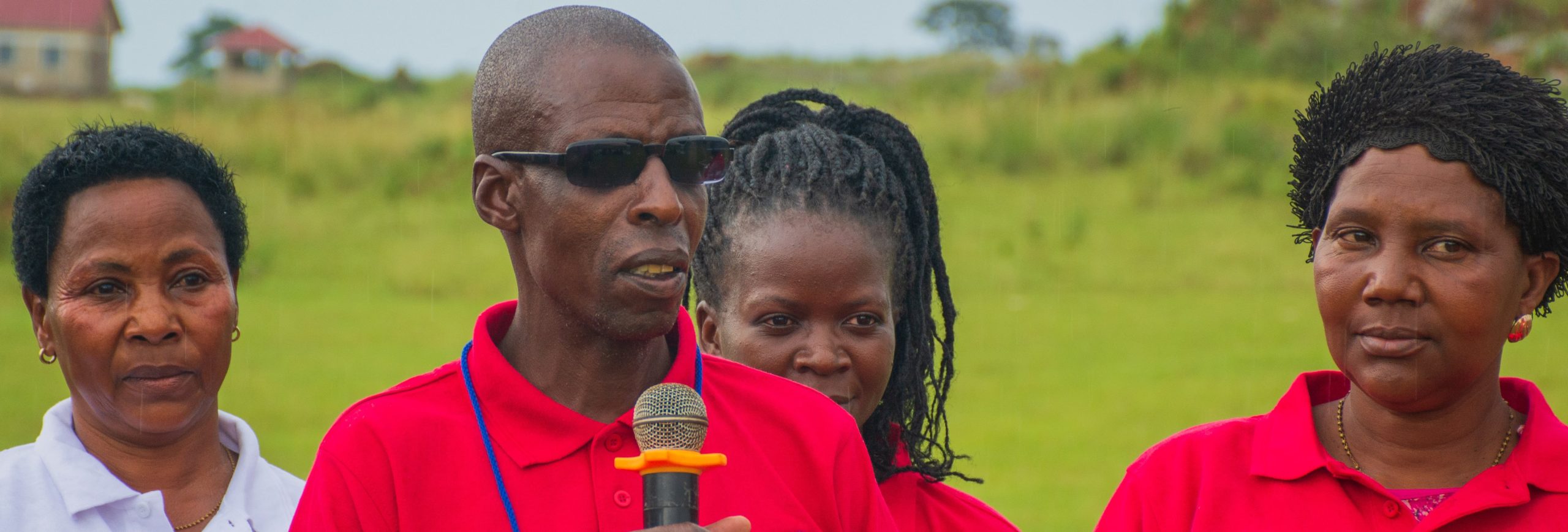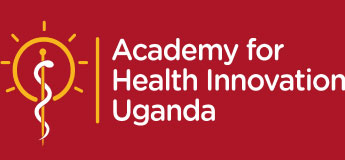
The Medical Drones Project: Delivering life-saving medication to the people of Kalangala district
“The drones have really been of great service to us. We can access the medication at our doorstep without any uncertainty, which was a thing of the past. A few years ago, we were at the mercy of the weather and the tide. If you have traveled on canoes, then you know how easy it is for one to capsize in terrible weather. The doctors sometimes felt they could not make the trip on the water for fear of their lives. That meant that sometimes we could go weeks without our medicine. But now the situation is a lot better, thanks to the drones.”
Affected and infected
Innocent has lived on this island for 20 years now. A former boat maker by trade, the 53-year-old has seen firsthand how HIV/AIDS has ravaged the island, rendering parents childless, children orphans, and brothers and sisters left with no kin. He himself has been a victim.
Innocent became HIV-positive shortly after he relocated to the island in 2006. The virus claimed his wife’s life two years later, forcing him to leave with his five children temporarily.
“I needed to get back to the mainland because there was no medicine in Kalangala. The one that I was given eventually got done, and my situation started to worsen day by day.”
It was in his home district, Rakai, that Innocent returned and received the medical attention that enabled him to get better.
With his energy fully restored, Innocent went back to Kalangala, this time without his children.
“The temptations on the island were many, especially for the teenagers and young adults. I did not want my children to end up positive, just like my wife and I did . For their sake, I had to leave them behind.”
Access to medication in Buyovu was still a challenge. Innocent would spend a lot of money on transportation to the health centre in Bufumira and there were still no guarantees that the medicine would be there. The terrible weather and risky water transport greatly impeded the delivery of medication to the people.
It was a dire time for the residents of Kalangala.
Medical drones project launched
In 2018, the Academy For Health and Innovation came to the island. They had identified the challenge HIV-positive people were facing and sought to provide a solution. A year later the medical drone pilot project with support from Johnson and Johnson was launched, and Innocent was chosen to be a part of the team as a flight observer.
“This was very good news at the time because the people were not getting the medical care that they needed yet more cases of HIV were being recorded.
The medical drones deliver the ART (anti retroviral therapy) once every three months, enabling Innocent to save on the transport costs that he has previously incurred.
“They fly all the way in Buyovu so I don’t need to travel to Bufumira where the closest health centre is to access our medication. The recipients of these ARTs are also followed up to ensure they are taking their medicine at all times to improve their health. Our work has been greatly eased.”
Innocent applauds the Academy for their effort in the fight against HIV on the island where access to healthcare is still a challenge to many, but implores the people to make the right choices and not be complacent when it comes to the virus.
“Get tested as a couple before you start having sexual relations with your partner. And if you find out that you are positive, do not treat it as a death sentence. Start your medication as soon as possible. I have been positive for 15 years and I am still here. Never give up.”
